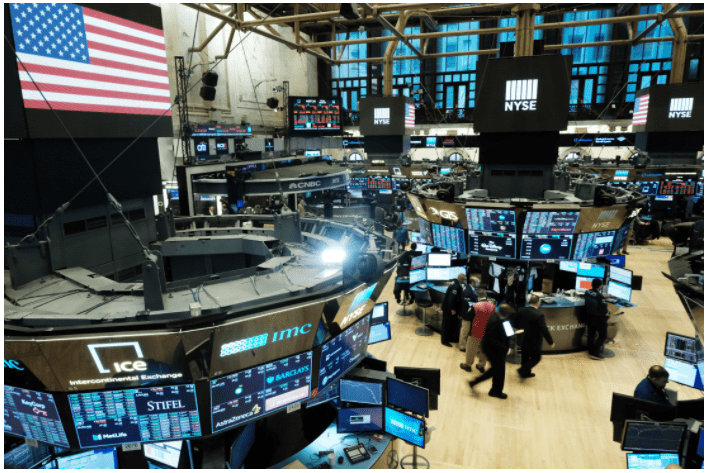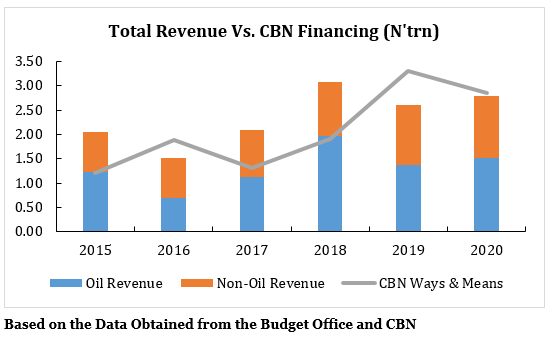How the Pandemic Widened Global Current Account Balances
2020 was a year of extremes. Travel all but ceased for a period. Oil prices wildly fluctuated. Trade in medical products reached new heights. Household spending shifted to consumer goods rather than services and savings ballooned as people stayed home amid a global shutdown.
In our latest External Sector Report we found that the global reaction to the pandemic further widened global current account balances—the sum of absolute deficits and surpluses among all countries—from 2.8 percent of world GDP in 2019 to 3.2 percent of GDP in 2020. Those balances are set to widen further as the pandemic continues to rage in much of the world.








